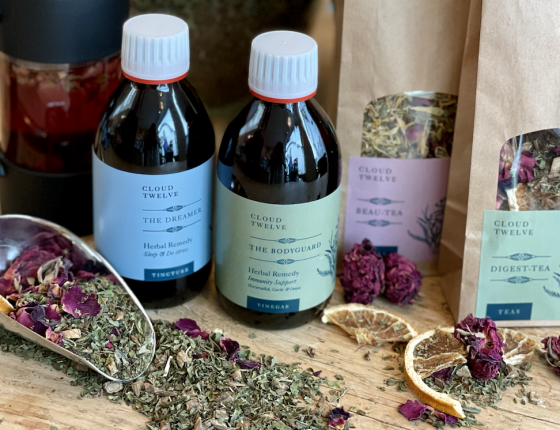
The ultimate guide to Medicinal Mushrooms
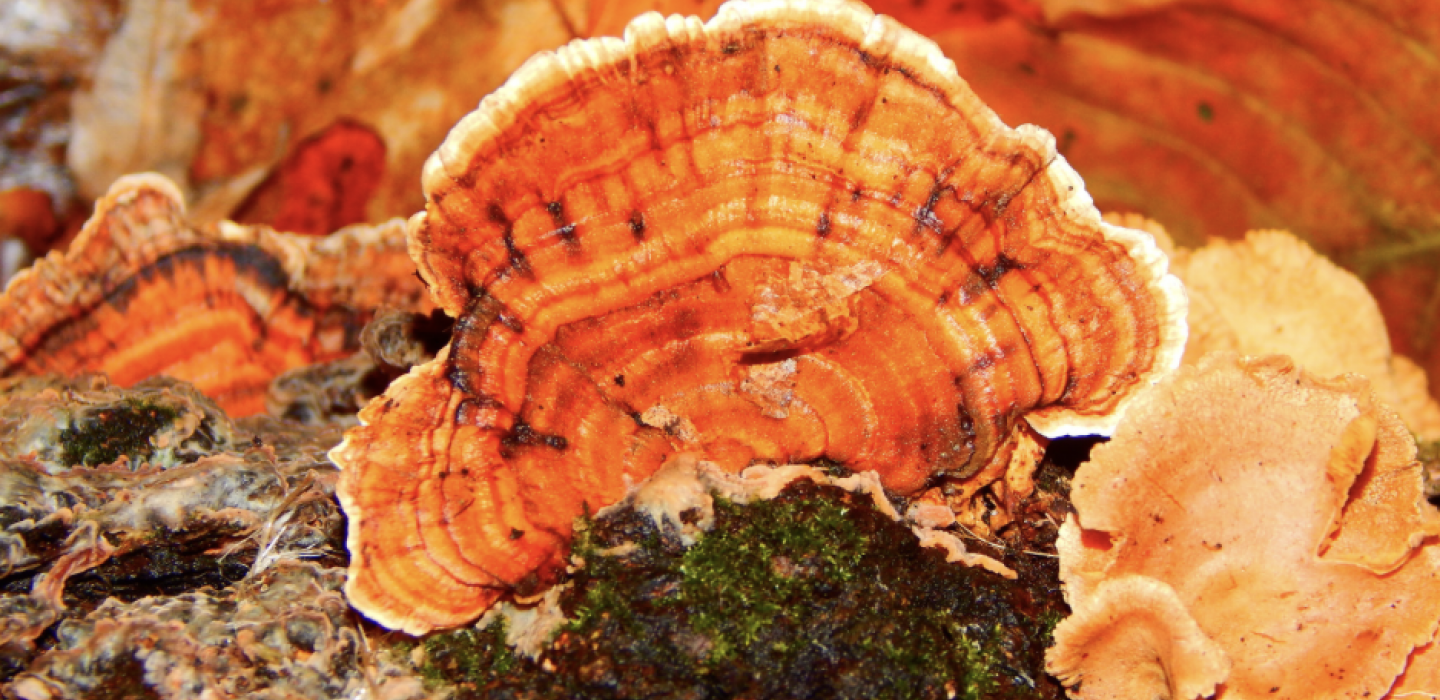
The ultimate guide to Medicinal Mushrooms
Mushrooms are becoming ultra popular over here in supplements – how have they been traditionally used in Eastern culture?
Mushrooms have a long history of therapeutic use in the East. Mention of their medicinal properties goes back to 200AD in China, where mushrooms were classified in the ‘superior’ category of herbs, and used to increase life span, prevent any kind of illness, improve cognitive function, treat infertility, give fortitude and bravery. In fact in China medicinal mushrooms were referred to as ‘herbs for the immortals’
One of the main areas in which mushrooms have been traditionally used in the East in the modern era is in treatment of cancer.
Why are mushrooms so good for our bodies - what can they do? Do you recommend them to your clients?
Mushrooms are a nutritional powerhouse. They contain phosphorus, potassium, zinc, copper, magnesium, as well as B and D vitamins, which is especially high in mushrooms exposed to sun. They are also high in protein and fibre and low in fat, which makes them an ideal diet food.
Additionally, many medicinal mushrooms are high in ergothioneine and glutathione. Glutathione acts both as an antioxidant and detoxification agent, while, ergothioneine protects DNA from oxidative damage.
But perhaps of most importance in terms of medicinal properties are active ingredients called mushrooms polysaccharides that have a significant impact on the immune system with potent immunomodulatory and anti-tumor effects. More specifically polysaccharides in mushrooms enhance T-cell and microphage activity and increase production of leukocytes, or our immune cells, that help fight us viruses, bacteria and other pathogens.
Medicinal mushrooms are part of many of my formulas to boost or modulate immune system, help recover from post-viral fatigue or stress and adrenal exhaustion, prevent cancer or maintain vitality alongside chemotherapy.
I know there are a lot of different types - which ones do you most recommend? And is it better to take them in supplement form or as they come?
Some mushroom varieties have been utilized for a long time in traditional medicine, such as reishi, shiitake, cordyceps, chaga and turkey tails. Ironically, our most popular button mushrooms seems to have less medicinal properties than others, and they are also often eaten raw, which is not as beneficial as cooked preparations.
Reishi, known as the ‘mushroom of immortality’, help support a healthy immune system, lower elevated blood pressure, assist with rejuvenating brain and connective tissue and improve allergic response. Cordyceps, that have been traditionally used by Chinese athletes at the Olympics to improve performance, is nowadays used to strengthen respiratory function of the lungs, improve endurance and prevent cancer. Chaga constitutes perhaps the most medicinal properties in a single mushroom helping us fight pathogens, reduce inflammation, lower blood sugar, reduce blood pressure, alleviate arthritis, and prevent or slow the progression of cancer.
As always with herbs, vitamins and minerals, the best way is to take any of them is by incorporating them into the diet. When we enjoy the process of eating we have the optimal amount of enzymes and other digestive juices, ready to help us fully absorb and make the most of the nutrients in food. It is not quite the case when we have to swallow a handful of pills, is it?
However, if you are using mushrooms medicinally to treat a certain health condition it is important to take a therapeutic dose in the form of tincture or powder. I prefer using tinctures in my practice. Tinctures are concentrated extracts of herbs that are alcohol based. They tend to be the fastest acting, as alcohol is easily metabolized and some of it can enter the bloodstream directly if taken sublingually. Additionally, alcohol increases the shelf life of a herbal preparation, which can be preserved for over 2 years.
How would you recommend to incorporate mushrooms into their diet?
There are many delicious recipes from mushroom soups, to fritters or curries. Active ingredients in mushrooms are not heat sensitive, in fact cooking activates their medicinal properties, so any cooked preparation will be beneficial for health (apart from the deep fried one!)
You can add some of the mushrooms that have fairly neutral taste, such as reishi, to smoothies. Chaga goes quite well with coffee or you can simmer chaga chunks in water for up to four hours to make tea. Another favourite of mine is porchini powder, which has a gourmet flavour and is perfect in stews and cream sauces.
Below is my mushroom fitters recipe, which is gluten, egg and dairy free and is super easy to make.
HTTPS://WWW.INSTAGRAM.COM/P/CLXIXK_HMGG/?UTM_SOURC...
Book Naturopathic Programme Consultation
EMAIL: [email protected]
--------------------------------------------------------------------------
Author: Jenya Di Pierro
Founder, Naturopath & Herbal Medicine Practitioner
BSc, MSc, DipCNM, AMH, ANP


Bio-Hacking for Menopause

Are Head Spas The New Non-Negotiable Beauty Ritual?

Menopause & Hair Loss: Real Causes of Thinning Hair in Midlife

Why I Never Drink Tap Water — And What You Should Know About Contaminants
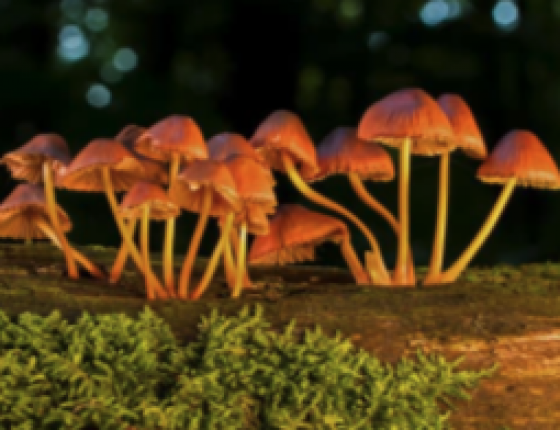
The Standard - Best Reishi supplements for powerful adaptogenic support
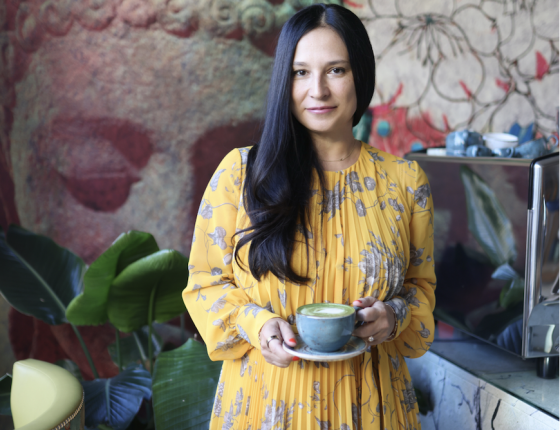
Five ways to stay balanced this festive season - Yahoo News
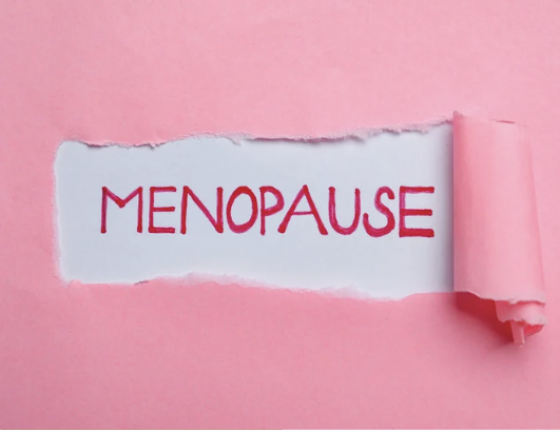
Natural Management of Menopause Part 1: Herbal Remedies

How to Look After Your Skin in Winter

Boosting Immunity Before Your Winter Holidays

The Hair & Scalp Type Guides: Oily, Dry, Dandruff & Hair Loss
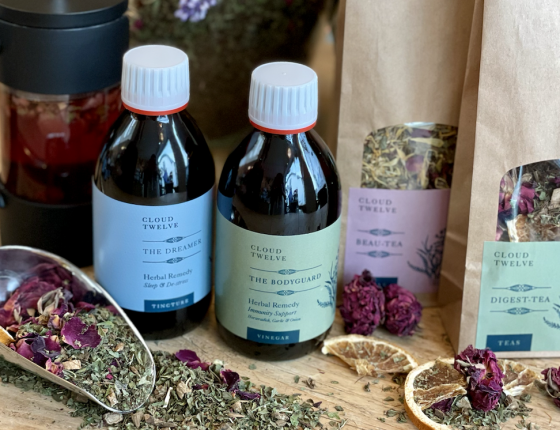
Herbs and Tips for Winter Wellness

Improving Egg Quality and Boosting Fertility for Women in their 40s

Diet for Menopause
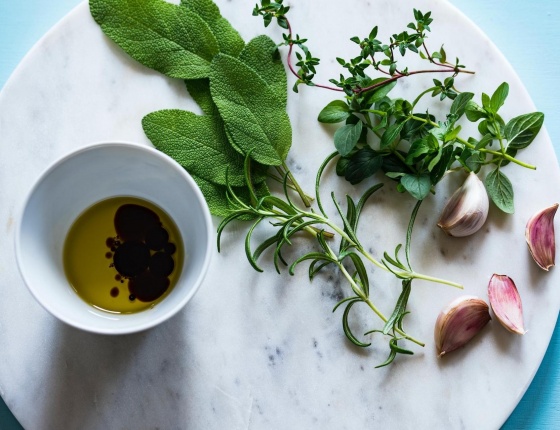
Nature's Cure for Hair Loss: Herbal Remedies That Work

Herbs to Boost Fertility

11 Steps To Detox Your Mind

Nutrition & Lifestyle Habits For An Effective Detox

Top Tips For Staying Healthy During the Party Season
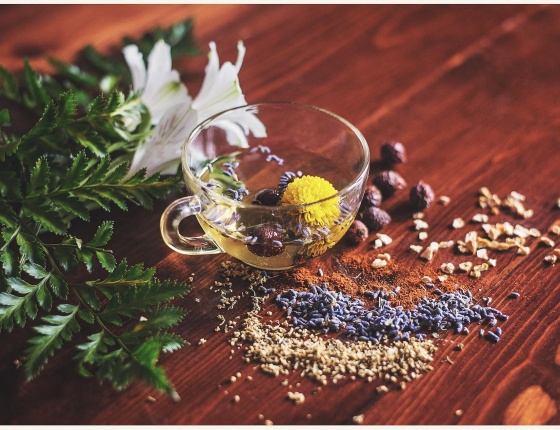
SheerLuxe: Jenya Di Pierro Shares Her Expert Tips To Dealing With Reflux

10 Natural Treatments For Cellulite
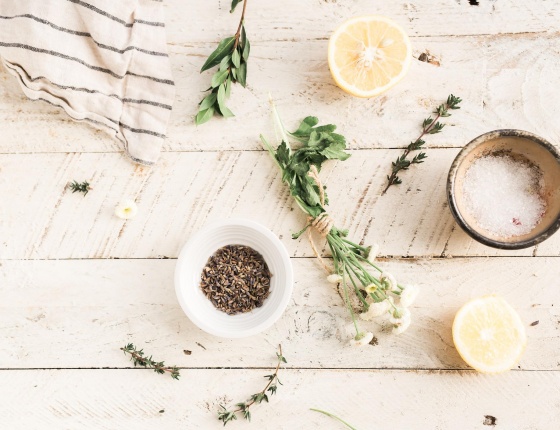
The Best Nutrition Tips For Combatting Cellulite
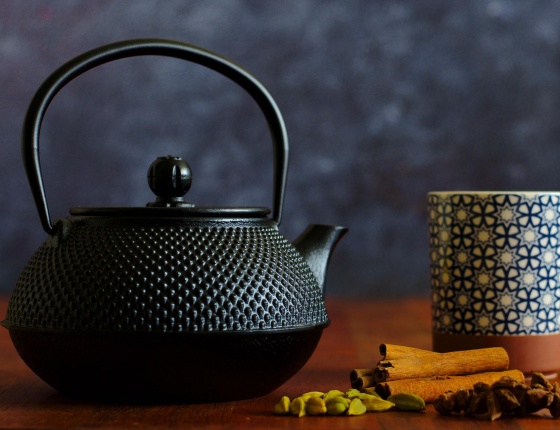
Country & Townhouse: Jenya advises on healing your gut with a little help from the East. How to do an Ayurvedic cleanse

GoodToKnow: Winter blues - 11 ways to deal with seasonal affective disorder, according to experts
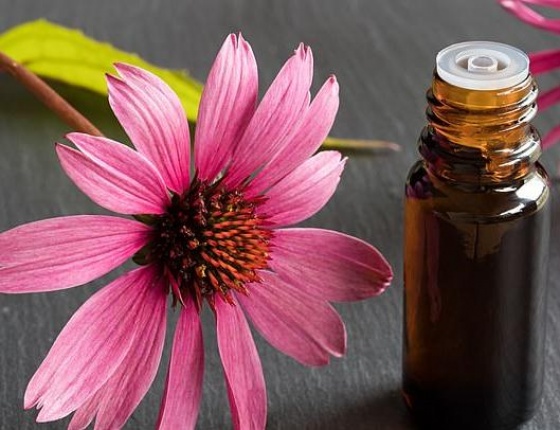
Daily Mail: Could a houseplant help cure YOUR health woes? Experts reveal their surprising healing properties

The Telegraph: Demand for ultra-skilled nannies and kids members' clubs surges post-lockdown

Domus Stay: Jenya Di Pierro on how Cloud Twelve puts wellbeing at the top of the agenda

Wellbeing: Natural remedies and herbs to help recover from vaccine side effects
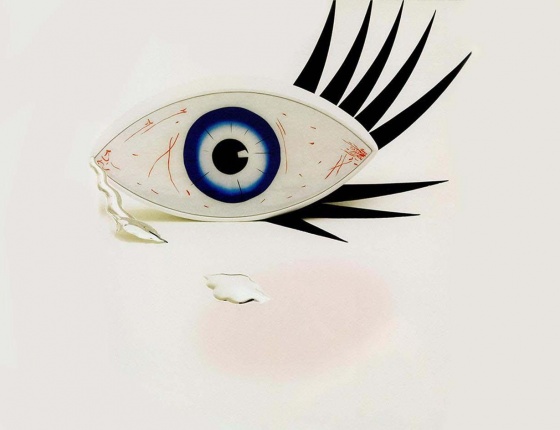
Wallpaper: Natural remedies for allergy fatigue and other hay fever symptoms
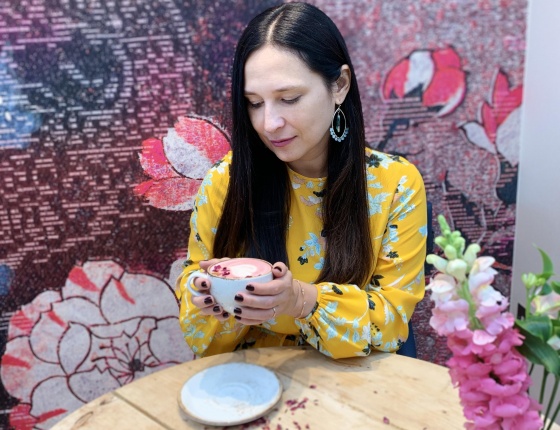
Your Healthy Living: 10 ways to fight the ageing process

OmYoga: The power of plants: 7 healing plants to keep healthy and balanced

Woman & Home: 10 natural cures for insomnia to help end sleepless nights

Harpers Bazaar: Why it's time to reclaim a bespoke approach
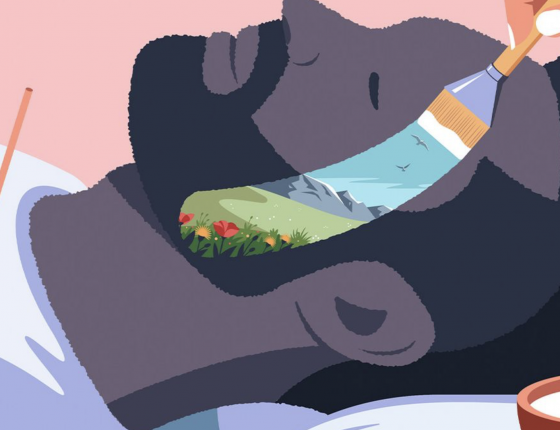
Mr Porter: The Best Holistic And Natural Treatments For Men To Try Now
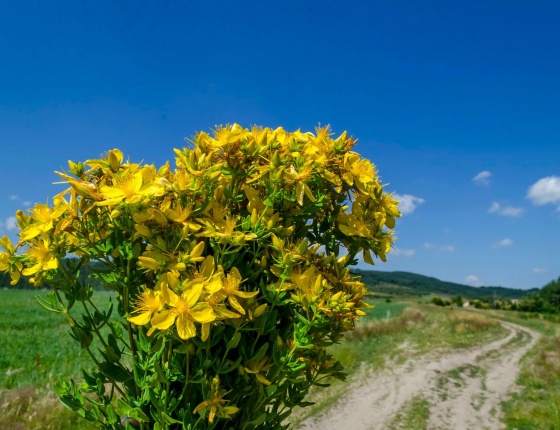
Luxurious Magazine: Herbalist Jenya Di Pierro's top healing plants for a healthy 2022

Metro: Sport recovery is about more than rest days — here are the most effective therapies

Beauty Daily: The top 10 healing plants for a healthy and balanced 2022
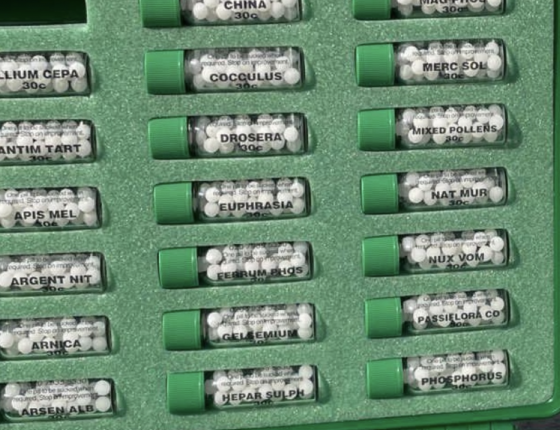
Tips and Hacks for Holiday Health
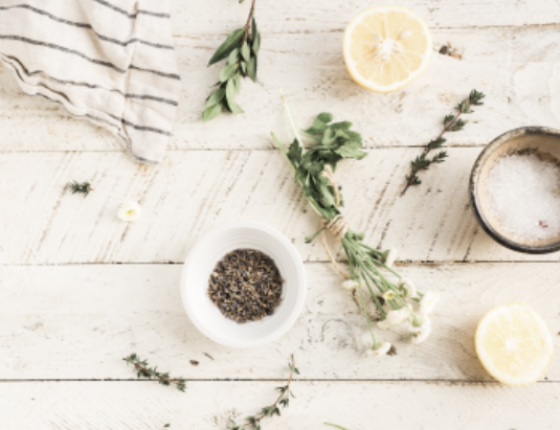
Your guide to Adaptogens

7 Daily Health Habits

13 Healthy Sleep Hygiene Habits
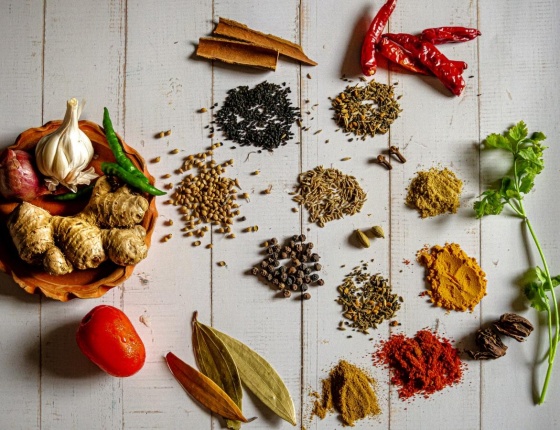
How to boost daily nutrition by adding a few clever ingredients
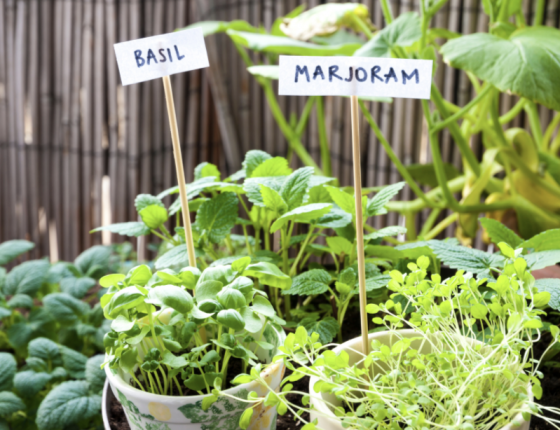
Herbs for respiratory system that can grow in your garden

Tips on How to Reduce Stress

10 Self Care Tips
